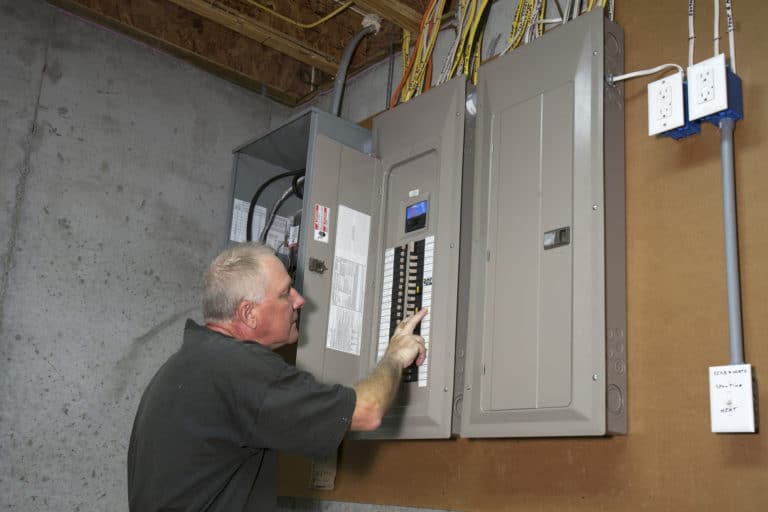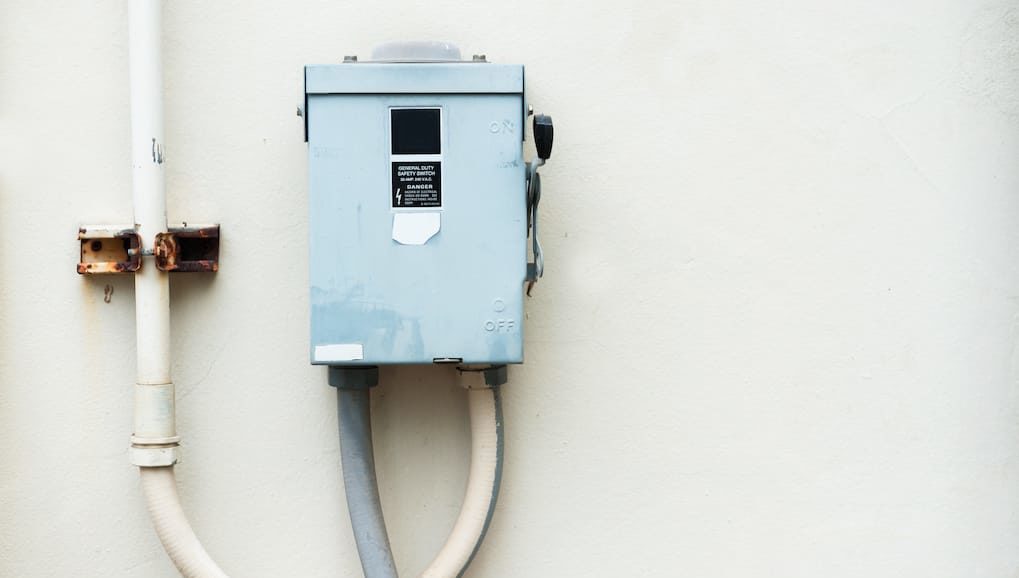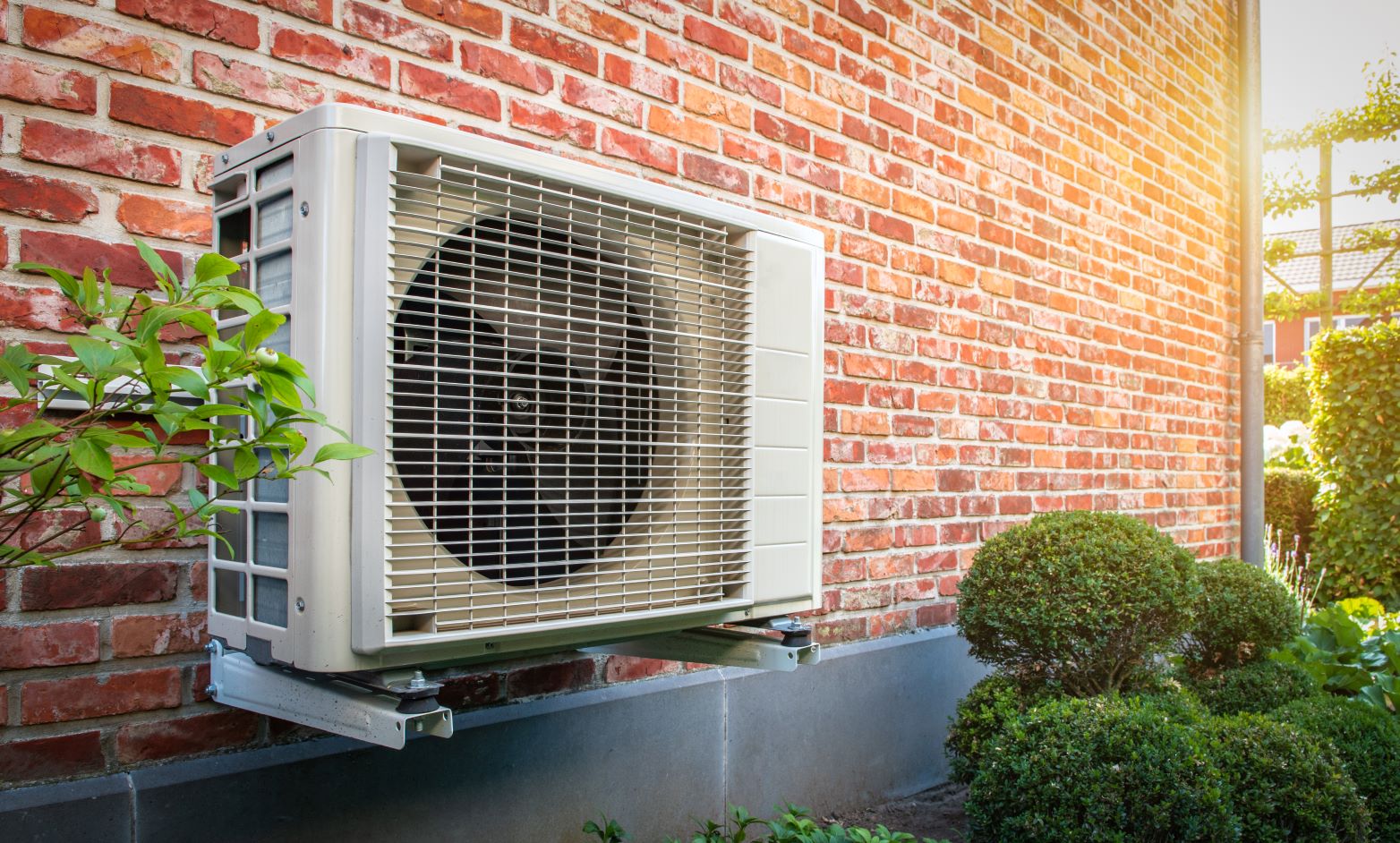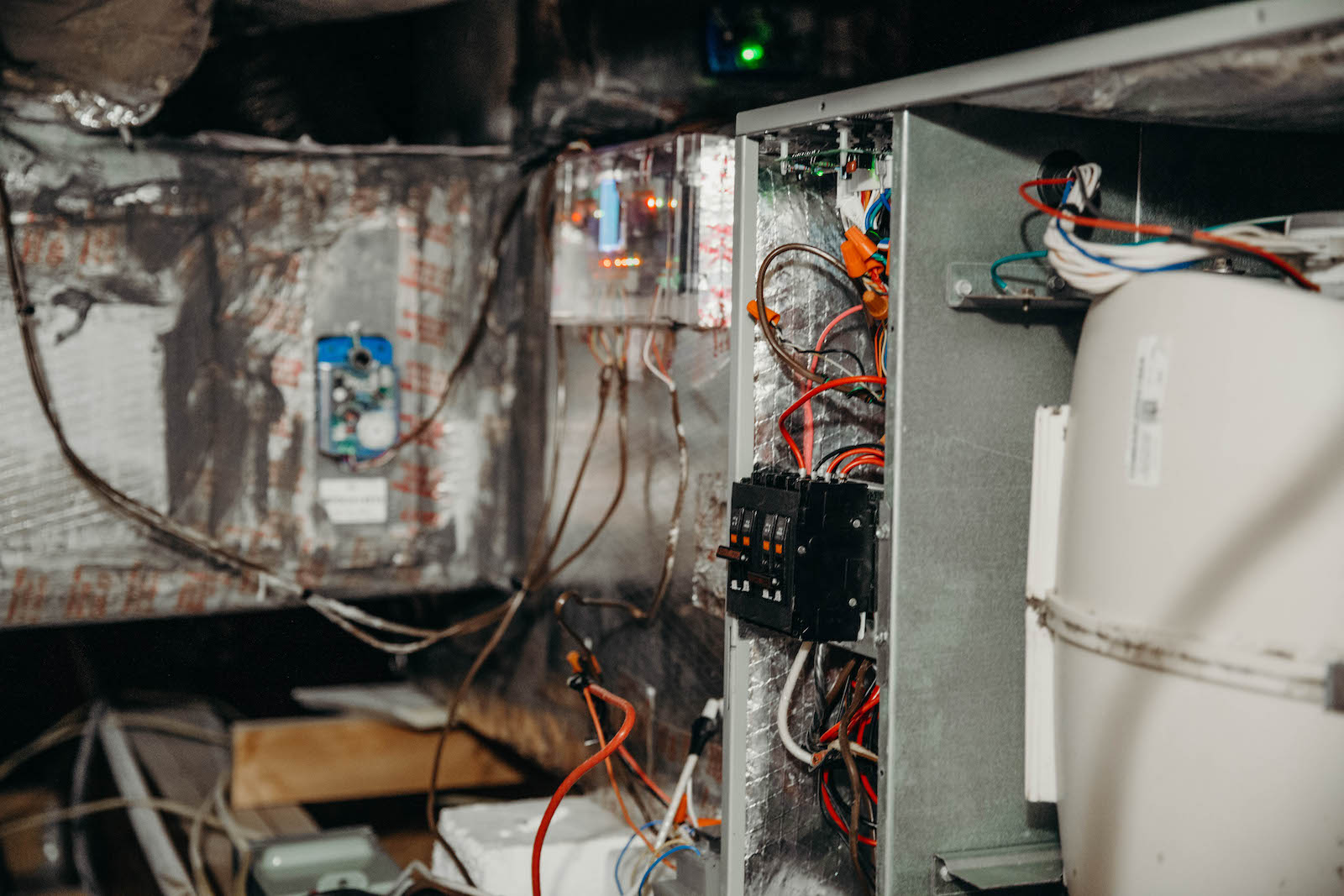Fuse Boxes 101: What They Are, How They Work, & Why They’re Important
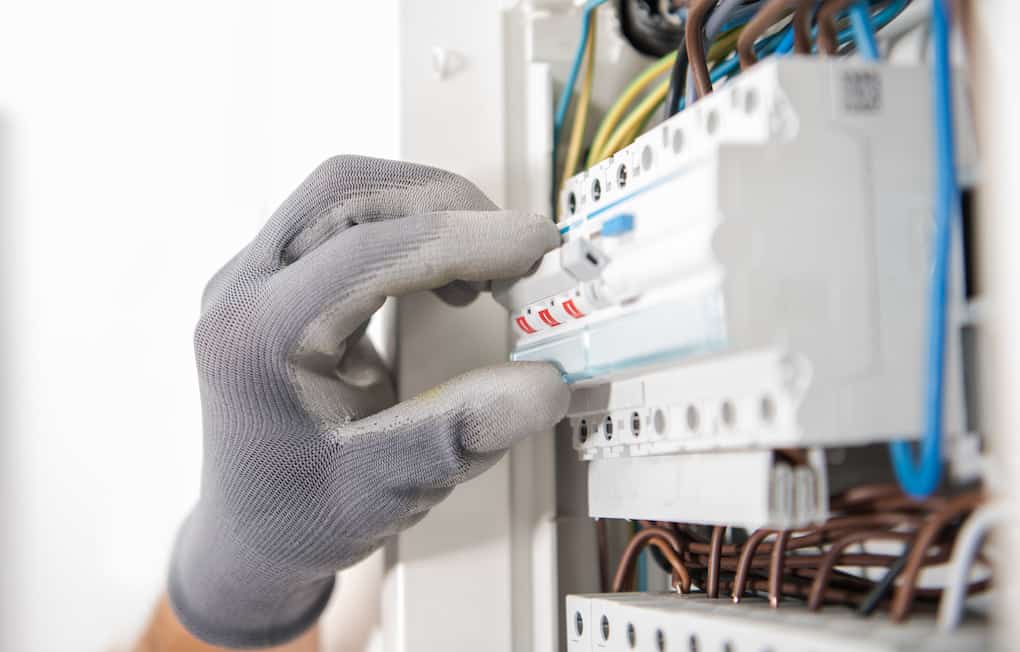
When you think of a fuse box, what comes to mind? Do you know where it is in your home or how it works?
Well, let’s start from the beginning. A fuse box is an electrical panel containing fuses and circuit breakers to distribute electricity through your home. There are many different types of boxes available on the market, depending on your needs. We’ll discuss what each type does and why they’re essential to have installed correctly in your home.
Fuse Box 101:
What is the Difference Between a Circuit Breaker and a Fuse Box?
Circuit breakers are designed to protect individual branch circuits by opening when the current exceeds a predetermined level. Fuses will also open if too much electricity passes through them, but it is less detrimental for fuses to blow since they can be quickly replaced with new ones (though this does depend on the type of fuse). Circuit breakers require more power and are typically used in larger buildings like offices or commercial spaces.
How Do Fuse Boxes Work?

Fuses and circuit breakers are designed to protect your wiring from short circuits. They both work in the same way as they can sense when too much electricity passes through them, so they will open up and stop any current flow.
What Type of Fuse Box Do You Need?
If you live in a small apartment or condo where power outages aren’t common, a single-pole fuse box may be sufficient for use. Single-pole boxes have one large breaker panel with two slots: one slot is used for an electric heater, and the other is typically reserved for general lighting fixtures.
However, if you own a larger home (more than 2000 sq ft), we recommend installing three-phase panels, which are usually larger and contain more slots.
One of the most important aspects to consider when you’re choosing a fuse box is capacity. The number of circuits that must be accommodated in your home will typically determine what size panel you need. Still, it’s always best to consult an electrician for advice on this point as they know better than anyone how much electricity your fixtures can consume.
What Should You Consider When Choosing a Fuse Box?
There are five main things you should keep in mind when shopping around for fuse boxes: installation price, warranty length, circuit rating (number of circuits), type/size requirements (single- or three-phase), and capacity considerations (the amount of power needed by all electrical devices). Installing one incorrectly will not only make your home more vulnerable to power outages but can also lead to expensive repairs and even fires.
In addition, if you have a panel already installed in your house, it may be worth upgrading regardless of whether or not the current one is still functional — this will reduce the risk of being without power during an outage due to outdated technology.
What Size Fuse Box Do I Need?
The size of the fuse box needed for an individual household depends on how many circuits are used throughout the space. A general rule of thumb would be: every circuit requires 20 amps, so multiply by the number of electrical outlets (however, always consult with a qualified electrician). As mentioned before, larger buildings such as offices typically require different size panels.
Fuses and circuit breakers work together because they both sense when there’s too much electricity passing through them, which means that one might close while the other opens up and stops any current flow altogether. The difference between having either a single-pole breaker panel or a three-phase breaker panel installed depends on the size of your home. It’s important to consider capacity when choosing a fuse box because it determines what type of fuses or circuit breakers can be accommodated within its design structure.
How to Change a Blown Fuse
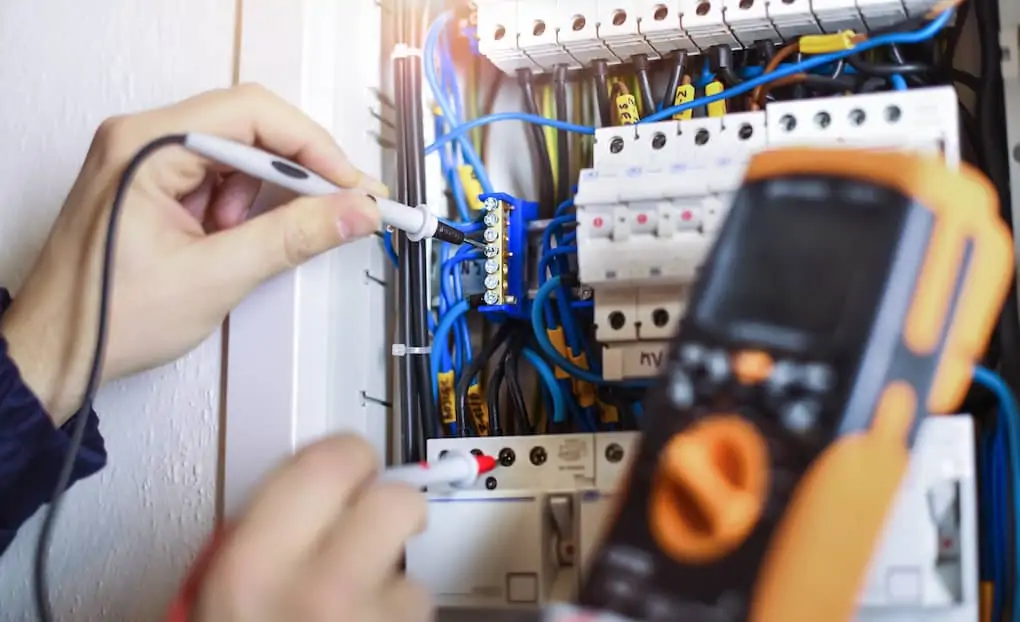
Here are the basic steps for replacing a blown fuse in your fuse box.
Locate where the outage occurred. For example, if you were using a toaster and a countertop griddle simultaneously, and your kitchen lost power all of a sudden, chances are those two appliances are what did it. So you should unplug those right away before checking the fuse box.
Find the fuse box. Everyone who lives in your house should know where the fuse box is and how to use it. Older homes (built before 1965) will often have a fuse box, while newer homes will have an easily accessible circuit breaker. It’s likely in the garage, basement, or utility room.
Turn the main power off to the fuse box. Shutting off the main power helps to ensure safety, avoid shock, or blowing any other fuses.
Identify the blown fuse. A broken fuse will likely look like the glass is foggy, or the wire to it has melted. It’s relatively obvious which one has blown, and if you have a circuit breaker, you’ll look for the flipped switch.
Replace the broken fuse. The easiest way to get a new fuse is to take your broken one to your local hardware store to ensure you get one that is the right size and voltage as the one you’re replacing. You can also keep spare fuses on hand should you need to replace any others or keep from making a special trip.
Turn on the main power and test for electricity flow to the circuit before plugging back in your devices or affected appliances.
When In Doubt, Call The Pros!
As you can see, your fuse box is essential to ensuring your home’s electricity runs safely and efficiently. Keep these tips in mind whenever dealing with your home’s fuse box or circuit breaker: they’ll definitely come in handy. However, we always recommend hiring a professional to handle replacing or installing your main fuse box. It can be a cumbersome process, especially with an outdated setup.
The professionals at 4Front Energy can help with any electrical panel and fuse box upgrade or repair you may need. And as always, call us should you ever feel unsure about replacing a fuse or any other electrical problems at home—we’re here to help!
Request Service

Why Choose 4Front Energy?
We’re a Service Company, Not a Sales Company
- Licensed, bonded & insured contractor
- Trusted Twin Cities service provider for nearly 30 years
- Reliable service excellence
- One number for electric, HVAC, and plumbing
- Stand behind our work with integrity
- Fair and straightforward pricing
- Provide invaluable comfort and integrated efficiency
- Technicians that take pride in their work

